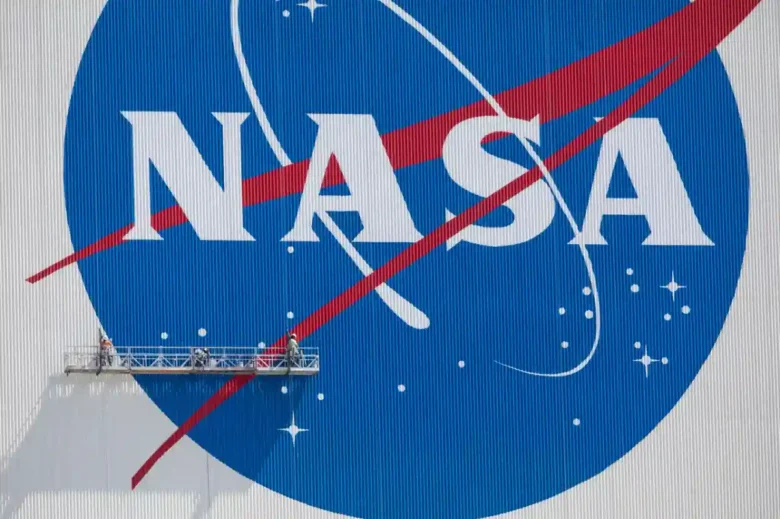NASA has tightened restrictions on Chinese nationals working under US visas, cutting off access to its projects, facilities, and data systems as of September 5, Bloomberg reported. The change affects graduate students, contractors, and researchers at American universities who had previously been able to contribute to agency work.
Officials say the decision is aimed at strengthening security, but it underscores the growing competition between the United States and China in space.
Bethany Stevens, a NASA spokesperson, confirmed the shift, explaining that it extends existing rules to cover physical and cybersecurity protections. While US law has long blocked the agency from hiring Chinese citizens directly, this move applies to visa holders who are not formally tied to the Chinese government.
The timing reflects wider tensions between Washington and Beijing. Acting NASA Administrator Sean Duffy has described the rivalry as a “second space race,” warning that the US must not fall behind China’s rapidly advancing space program.
His remarks recall the Wolf Amendment, passed in 2011, which prohibits bilateral cooperation between NASA and Chinese entities without congressional approval. That measure was intended to prevent technology transfer and address human rights concerns, but it also pushed China to develop its own space program independently.
Since then, China has made major gains. Its Tiangong space station has been continuously crewed, and its Chang’e missions have returned samples from the Moon, including material from the far side in 2024. The country plans to send astronauts to the lunar surface by 2030 while also preparing a robotic Mars sample return for 2028. Both could rival or outpace NASA’s own goals.
By comparison, NASA’s Artemis program has faced delays and rising costs. The uncrewed Artemis I test launched in 2022, but the first crewed lunar mission, Artemis II, is now scheduled for 2026. Artemis III, targeting a landing at the Moon’s south pole, is unlikely before 2027.
The new restrictions may also affect international scientific collaboration. Areas such as planetary science and astrophysics often rely on open data sharing across borders. US researchers have previously worked with Chinese samples, including those from the Chang’e-5 mission, after clearance procedures.
Stricter barriers risk limiting such cooperation, and critics argue that excluding Chinese scientists weakens the overall pace of discovery.
Opponents of the Wolf Amendment say it has had the opposite effect of what was intended, driving China to operate entirely on its own. They warn that nationality-based restrictions in space science could leave gaps in global monitoring, such as asteroid tracking, which depends on contributions from multiple nations.
The decision also comes as US space policy shifts under broader political debates. Proposals under former president Donald Trump targeted cuts to Earth science programs, including climate monitoring satellites, in favor of deep-space exploration. Budget uncertainties have also placed projects like the joint US-European Mars Sample Return mission under review.
For now, NASA continues to work with Europe, Japan, and Canada on Artemis, while keeping China at arm’s length. Officials argue that tighter controls are needed to safeguard US leadership in space, but critics point out that long-term progress could benefit more from cooperation. With China pressing ahead on plans for reusable rockets and a lunar base, the divide between the two powers shows little sign of narrowing.

